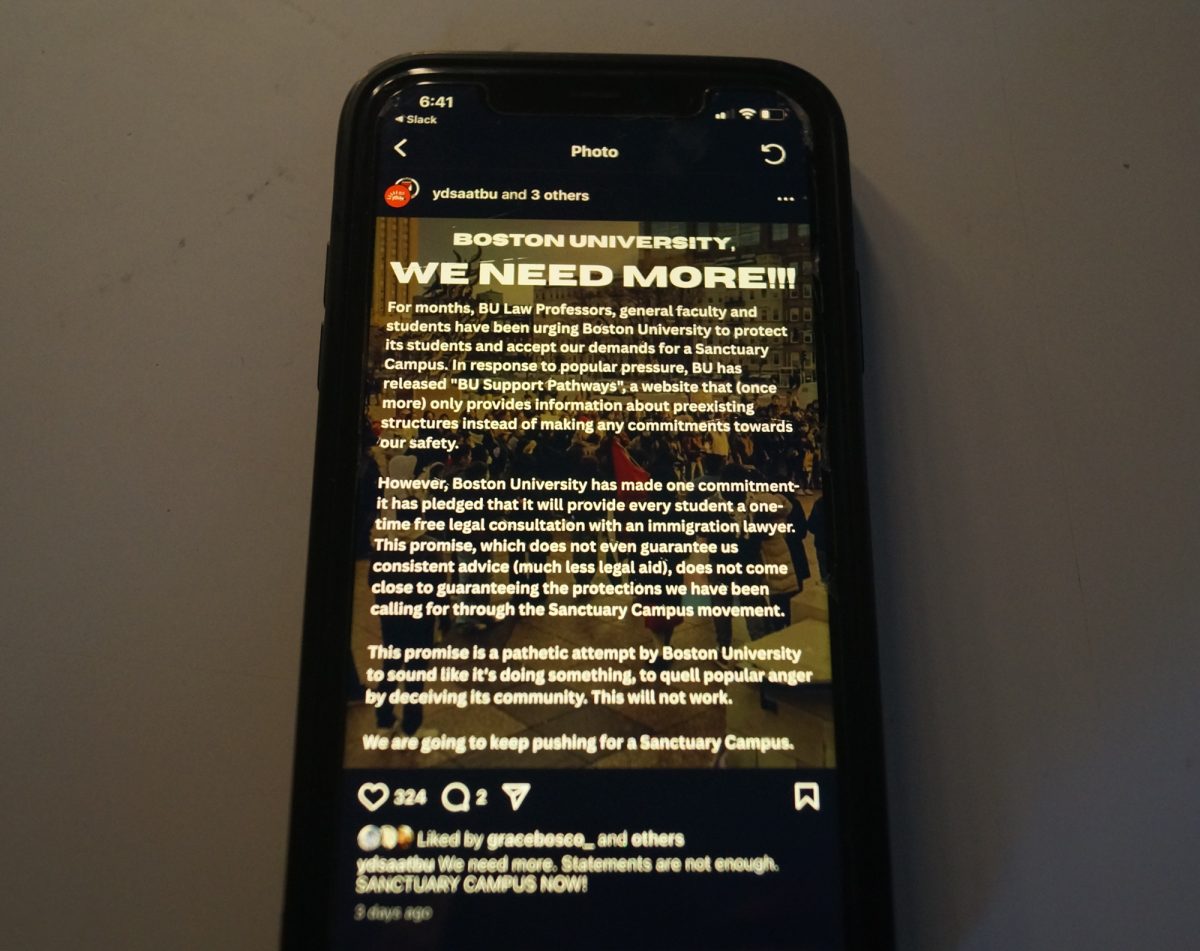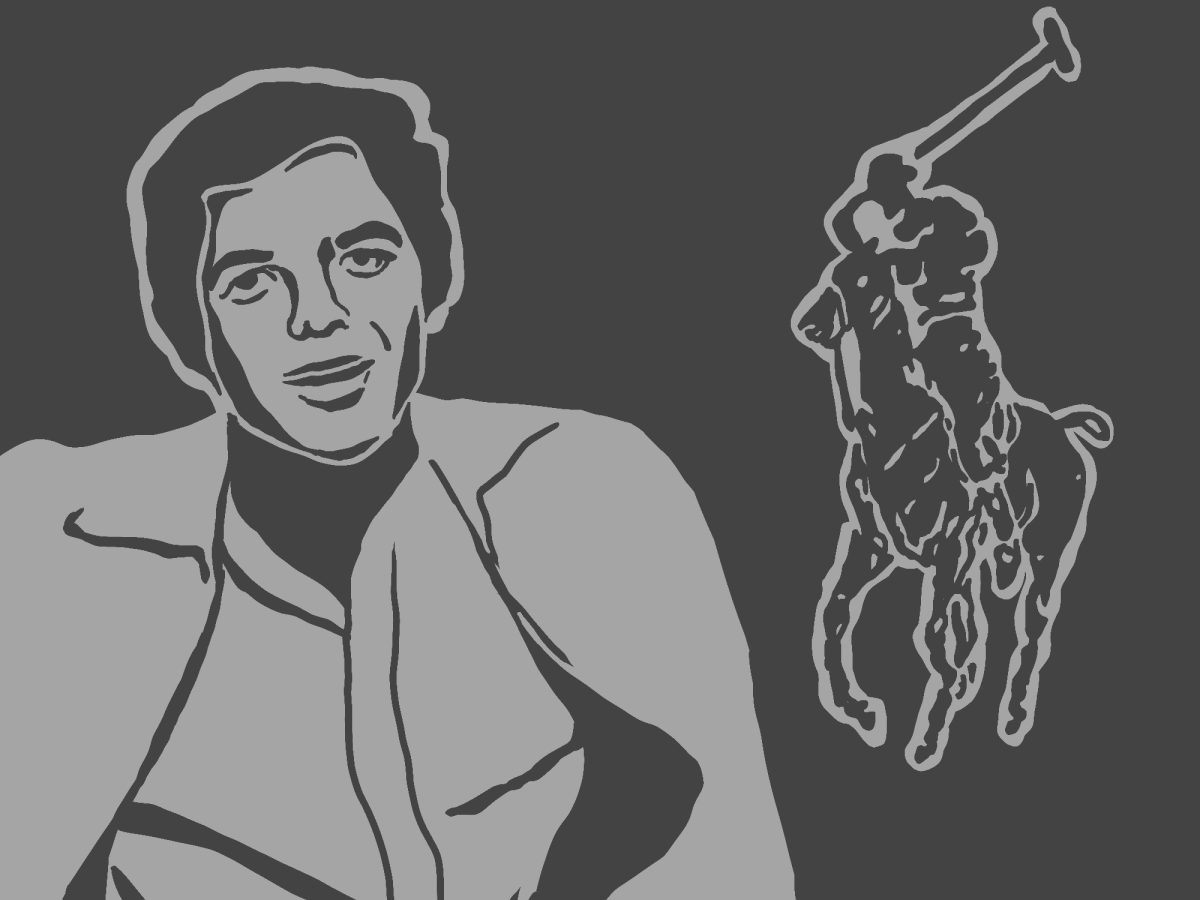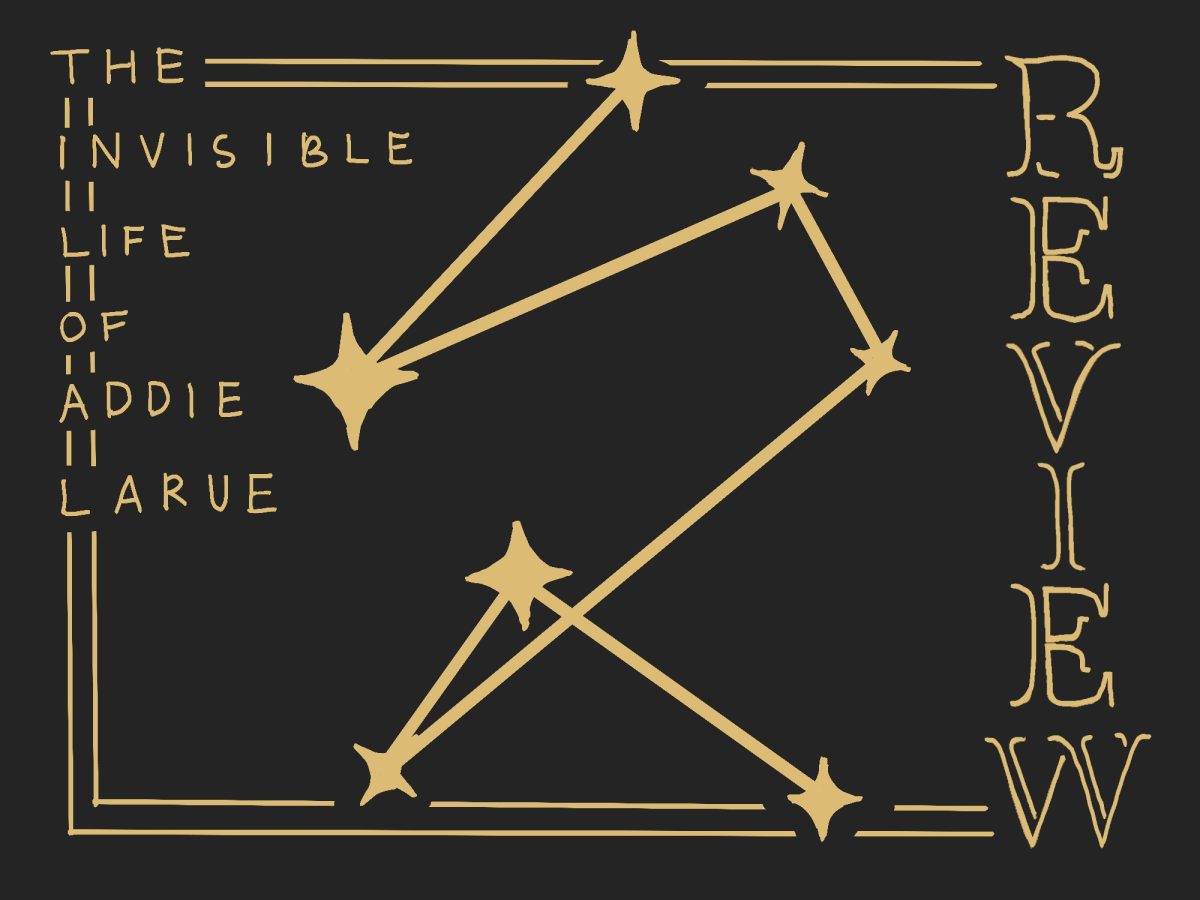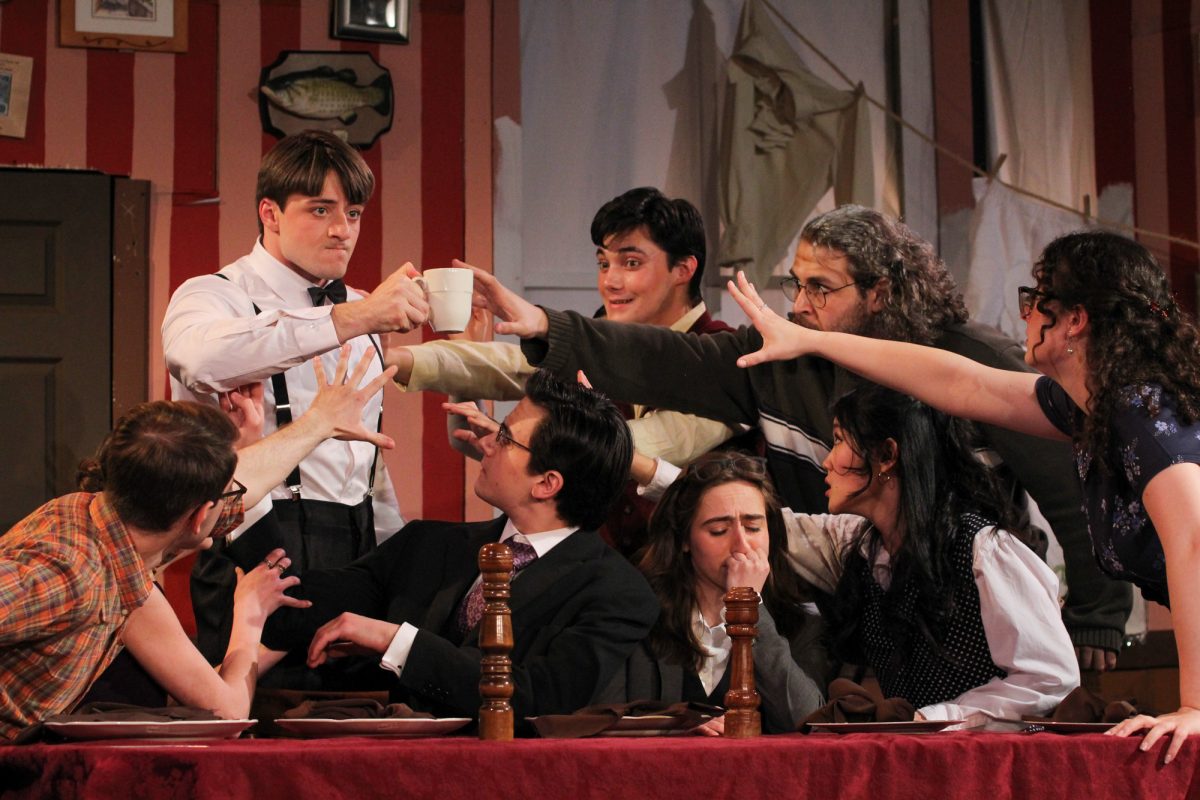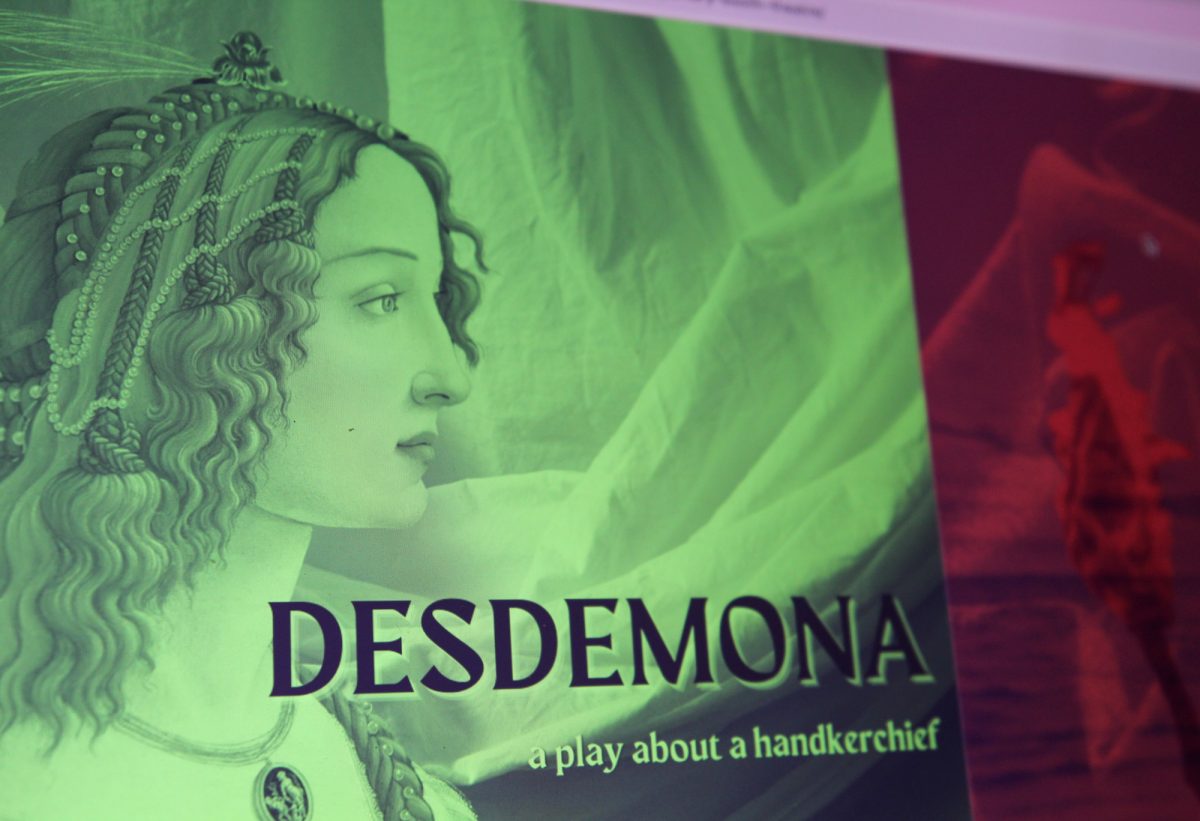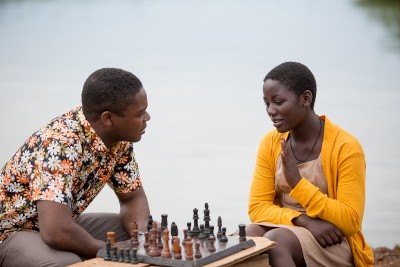
Set in the slums of Katwe, located in Uganda’s capital Kampala, Disney’s latest film “Queen of Katwe” tells a motivational, empowering true story of chess prodigy Phiona Mutesi’s rise to fame.
Starring Madina Nalwanga as Phiona and Lupita Nyong’o as her mother, Nakku, the two East African born-actresses perform brilliantly, with passion and an evident love for their culture.
With beautiful and clear cinematography, the film paints a colorful picture of Katwe for its viewers. The majority of the film was shot on location, allowing the combination of accurate imagery and subtle African music played over scenes to give an insider’s perspective on life in the slums.
While the small town is poverty-stricken and lacks hope, Katwe’s people are full of life and have a strong sense of community.
Likewise, the Mutesi family consists of a single mother and her four children who, despite having to live with minimal material possessions and no education, find ways to make it work. The mother has her children sell maize and other food products around the town, making just enough money for food and rent.
Without a husband, Nyong’o’s character doesn’t have the funds to give her children an education or put a decent roof over their heads. After being evicted once, her landlord even tells her, “Why don’t you just get a man? There are plenty of sugar daddies who’d love to pay your rent.” But she does not give up on herself, and continues making things work on her own, adding to the film’s theme of female empowerment.
It isn’t until local football coach Robert Katende (David Oyelowo) begins teaching the slum kids to play chess that a flame of hope is ignited in the town. As the kids get better at the game, it becomes their escape from the adversity-ridden village. Not only is the game fun and competitive for the children, but they soon realize that it is a game of discipline and strategy.
Right off the bat, Katende recognizes a natural talent in 10-year-old Phiona and becomes her mentor in her journey of improvement. Though her mom disapproves at first, Coach promises that he will ensure education for Phiona and her older brother if they can continue to play.
Tournament after tournament, Phiona brings home medals and trophies, having won in all-boy competitions and against privileged private school kids, standing up each time to face her challenges.
Not only does “Queen of Katwe” send a powerful message to young girls, but the film crosses socio-economic boundaries to say that a girl from the lowest slums of Uganda can transcend her circumstances to be as good as anyone else.
The movie utilizes a perfect mix of challenges, life lessons and humor to keep viewers engaged. While the lessons are definitely valuable for kids, it is hard to imagine a young kid watching the movie and understanding the plot enough to learn these lessons. Ideally, this movie is perfect for a family with older children or even just for adults.
The length of the movie, however, was one of its weaknesses. At 124 minutes, even an inspiring movie like this one finds it hard to keep audiences involved for over two hours, especially their target audience of children. There is a certain point in the plot where there has been enough conflict and resolution to end the film, but instead they threw in one more big challenge.
Another odd part of the movie was the way the passing of time was shown. Periodically, these big funky numbers would come over the screen showing what year it was, seeming very out of place in the general movie aesthetic.
Despite the length of the movie and other minor shortcomings, the film was excellently done. Covering such an inspiring story while exposing audiences across America to life in Africa, the movie speaks for itself on the messages it wanted to convey.






